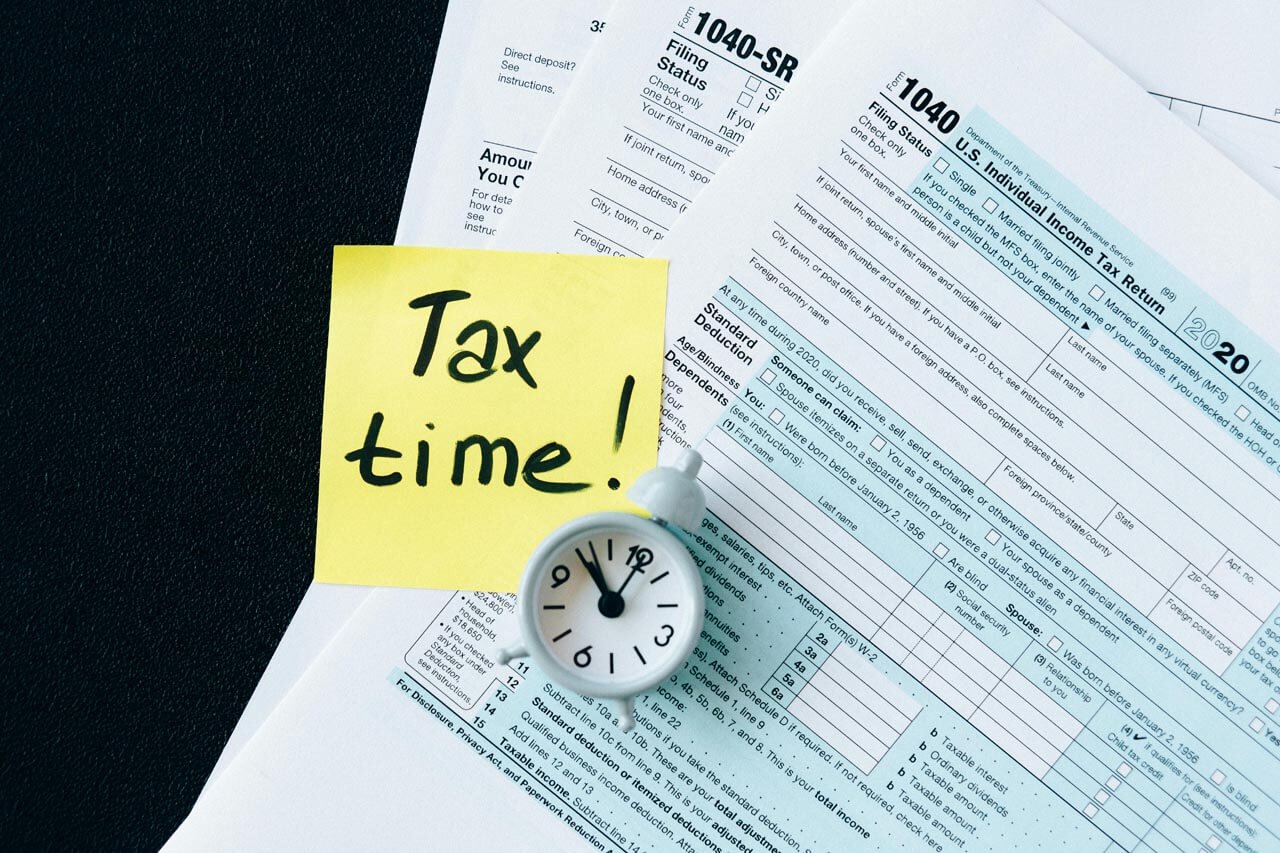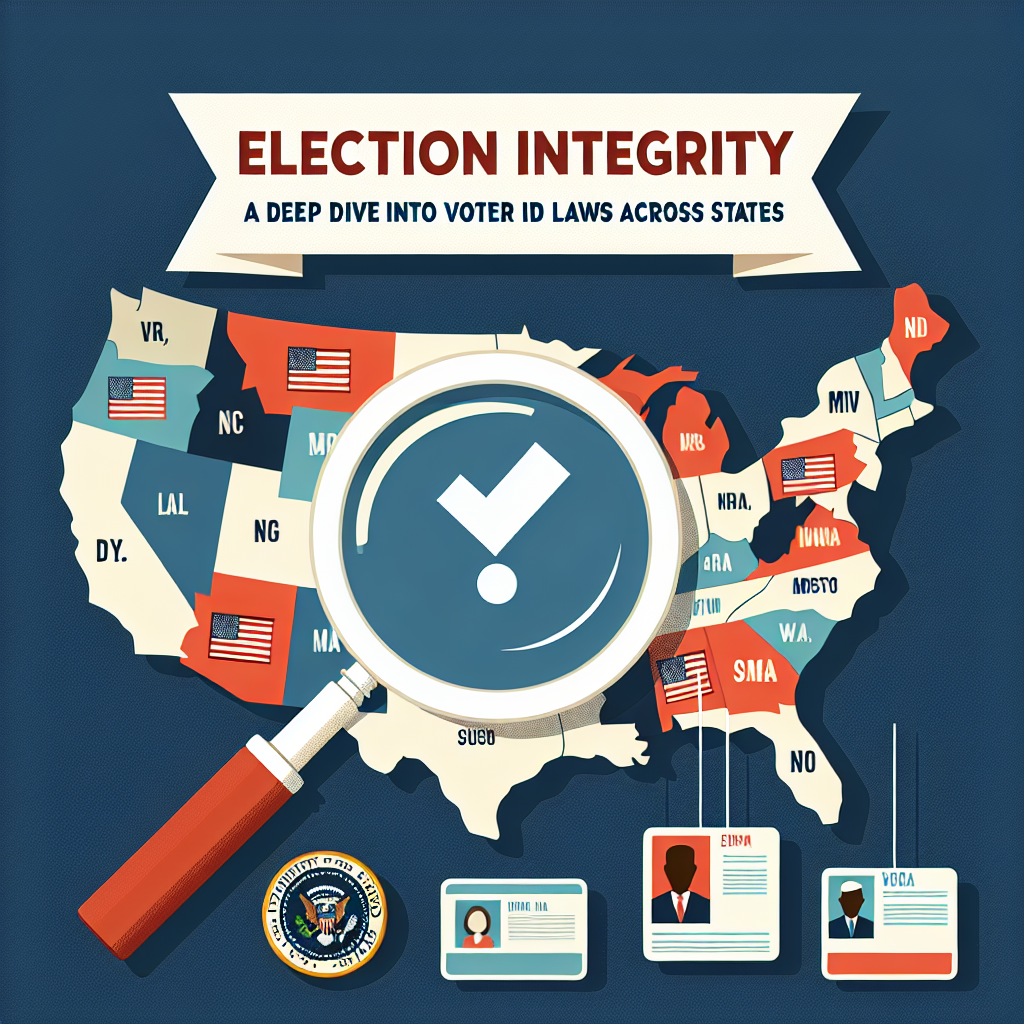Election Integrity in the Spotlight: Debates and Developments

Table of Contents
- Understanding Election Integrity
- What is Election Integrity?
- Importance of Election Integrity
- Key Developments Over Recent Years
- Legislative Changes
- Technological Innovations
- Debating Election Integrity
- Issues Surrounding Voter ID Laws
- Mail-in Voting
- Misinformation and Its Impact
- The Role of Key Stakeholders
- Government Agencies
- Advocacy Groups
- The Impact of the Judiciary
- Challenges to Election Integrity
- Cybersecurity Threats
- Voter Disenfranchisement
- Evolving Public Sentiment
- Best Practices for Ensuring Election Integrity
- Stakeholder Collaboration
- Public Education
- Regular Audits
- Conclusion
- External Resources
Election integrity has become a pivotal theme in contemporary political discourse, especially as technological advancements and shifting public opinions have reshaped the landscape of electoral processes. This article delves into the critical issues surrounding election integrity, including debates, developments, and the role of various stakeholders.
Understanding Election Integrity
What is Election Integrity?
Election integrity refers to the assurance that elections are conducted fairly, transparently, and in accordance with the law. It encompasses various factors such as the accuracy of voter registration, the security of voting systems, and the transparency of vote counting.
Importance of Election Integrity
The integrity of elections is essential for maintaining public trust in democratic processes. When citizens believe their votes matter and are counted accurately, they are more likely to engage in civic activities. Conversely, perceived vulnerabilities can lead to disenchantment with the political system.
Key Developments Over Recent Years
Legislative Changes
In recent years, numerous states have enacted laws aimed at bolstering election integrity. For instance, some states have introduced stricter voter ID laws, while others have expanded mail-in voting options to enhance accessibility.
External Link: For detailed insights into various state laws, consult National Conference of State Legislatures.
Technological Innovations
Advancements in technology have had a dual impact on election integrity. While electronic voting machines promise faster results and reduced human error, they also raise concerns about cybersecurity risks and transparency. Efforts to ensure the security of these systems have prompted debates over their reliability.
Debating Election Integrity
Issues Surrounding Voter ID Laws
One of the most contentious points in the debate on election integrity is voter ID laws. Proponents argue they are necessary to prevent fraud, whereas opponents claim they may disenfranchise marginalized groups. This discussion underscores the balance between security and accessibility.
Mail-in Voting
The COVID-19 pandemic accelerated the shift towards mail-in voting. Advocates commend its convenience and safety, while critics cite concerns regarding ballot security and potential misuse. The evolving discourse highlights the necessity for robust systems to verify the integrity of mail-in ballots.
Misinformation and Its Impact
Misinformation regarding election processes has proliferated, particularly via social media. The spread of false narratives can undermine public confidence in the electoral process. Combatting misinformation has emerged as a crucial component of preserving electoral integrity.
The Role of Key Stakeholders
Government Agencies
Government bodies play a vital role in safeguarding election integrity. From creating comprehensive voter registration systems to monitoring the election process, agencies must work transparently to build trust with voters.
Advocacy Groups
Various organizations promote election integrity by raising awareness, educating voters, and lobbying for legislative changes. These groups foster discussions that pave the way for reforms and enhancements in electoral processes.
The Impact of the Judiciary
Courts have frequently been involved in disputes over election laws, shaping the implementation and interpretation of regulations. Legal challenges concerning voter ID laws and mail-in voting have underscored the judiciary’s critical role in ensuring fair electoral practices.
Challenges to Election Integrity
Cybersecurity Threats
As election systems become increasingly digitized, the risk of cyberattacks escalates. Ensuring the security of voting infrastructure is paramount. Governments and private companies must collaborate to fortify networks against malicious activities.
Voter Disenfranchisement
Certain laws aimed at improving election security can inadvertently disenfranchise voters, particularly minorities and low-income individuals. Striking a balance is essential to foster an inclusive electoral environment.
Evolving Public Sentiment
Public perception of election integrity can shift rapidly, influenced by political rhetoric and media coverage. Understanding these dynamics is crucial for policymakers and advocacy groups seeking to promote trust in the electoral process.
Best Practices for Ensuring Election Integrity
Stakeholder Collaboration
Collaboration among government agencies, civil society, and technology experts can lead to innovative solutions that enhance election integrity while respecting voters’ rights.
Public Education
Educating the public about the electoral process, voting rights, and the security measures in place is vital for building trust. Clear communication can counter misinformation and foster civic engagement.
Regular Audits
Conducting regular audits of voting systems and processes can help identify vulnerabilities and reinforce public confidence in the electoral process.
Conclusion
Election integrity is a multifaceted issue that requires ongoing attention and cooperation among various stakeholders. As debates continue to evolve, the focus should remain on fostering a fair and transparent electoral process that upholds the democratic values cherished by society.
For more insights, visit our article on the significance of civic engagement to understand how public participation complements the push for electoral integrity.
External Resources
For additional information, consider the findings published by the Brennan Center for Justice regarding election policies, providing comprehensive analyses on various aspects of electoral integrity.
Together, we must advocate for and protect the integrity of our elections, securing the future of democratic governance.
Latest Posts
Lorem ipsum dolor sit amet, consectetur adipiscing elit. Ut elit tellus, luctus nec ullamcorper mattis, pulvinar dapibus leo.



















No Comments